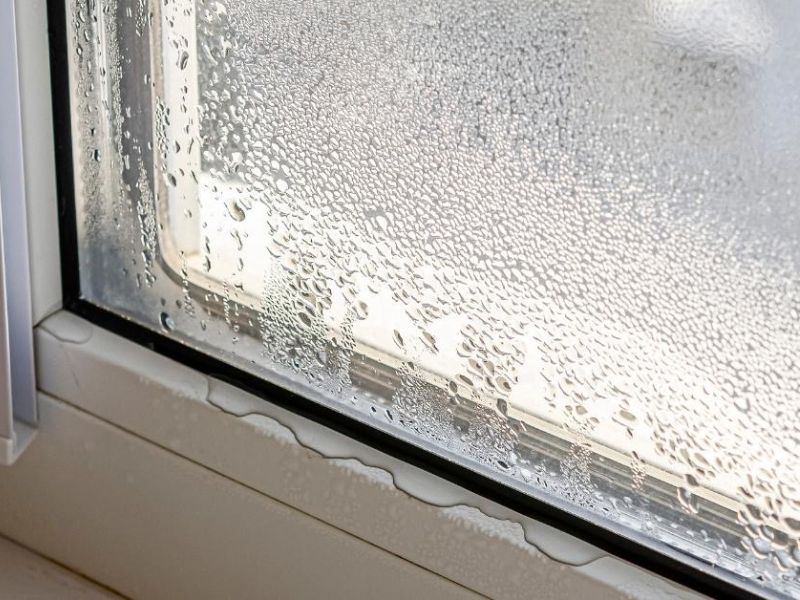What Are the Signs of Faulty Windows? Windows play a crucial role in our homes, providing natural light, ventilation, and a connection to the outside world. However, over time, windows can develop issues that compromise their functionality and efficiency.
It is important to be aware of the signs of faulty windows in order to address these problems promptly. In this article, we will discuss the topic “What Are the Signs of Faulty Windows?”
What Are the Signs of Faulty Windows?
Drafts and Air Leaks
One of the most noticeable signs of faulty windows is the presence of drafts or air leaks. If you feel a noticeable breeze near your windows, even when they are closed, it indicates that air is seeping through gaps or cracks in the window frame or around the window seal.
This not only compromises the energy efficiency of your home but also leads to uncomfortable drafts and higher utility bills.
Condensation and Moisture Buildup
Excessive condensation and moisture buildup on your windows can be a sign of a faulty window seal. When warm, moist air comes into contact with a cold window surface, it can cause condensation to form.
While some condensation is normal, excessive amounts indicate a problem. Moisture buildup can lead to mold growth, wood rot, and damage to the surrounding walls.
Difficulty Opening and Closing
Windows that are difficult to open or close are another sign of a faulty window. This issue can be caused by a variety of factors, such as worn-out hardware, damaged frames, or misaligned sashes.
If you find yourself struggling to operate your windows, it is important to address the problem promptly to ensure proper functionality and security.
Excessive Noise and Vibrations
Windows should provide a certain level of sound insulation, helping to keep external noise outside. If you notice an increase in outside noise or vibrations coming through your windows, it may indicate a problem with the window’s construction or seal.
Faulty windows can significantly impact the comfort of your home, especially if you live in a noisy neighborhood or near busy streets.
High Energy Bills
Faulty windows can be a major contributor to high energy bills. When windows have gaps or leaks, they allow cold air to enter during the winter and hot air during the summer, forcing your heating and cooling systems to work harder to maintain a comfortable indoor temperature.
If you notice a significant increase in your energy bills without any other changes in your household, it may be time to inspect your windows for potential issues.
Cracked or Damaged Glass
Cracked or damaged glass is an obvious sign of a faulty window that requires immediate attention. Not only do cracked windows compromise the security of your home, but they can also lead to further damage if left unrepaired.
Cracks can expand over time due to changes in temperature and put stress on the entire window structure.
Decaying or Rotting Frames
Windows with decaying or rotting frames are a serious concern. Wood frames are particularly susceptible to moisture damage, and if left unaddressed, rot can spread to other parts of your home’s structure.
Damaged frames not only compromise the integrity of the window but also pose a risk to the overall stability of your house.
Conclusion
In conclusion, it is important to pay attention to the signs of faulty windows in order to maintain the comfort, energy efficiency, and security of your home.
If you notice drafts, condensation, difficulty in operation, excessive noise, high energy bills, cracked glass, or decaying frames, it is recommended to consult a professional window contractor to assess the situation and provide appropriate solutions.
Timely repairs or replacements can save you money in the long run and ensure that your windows continue to serve their intended purpose effectively.


With thanks. Loads of conception!